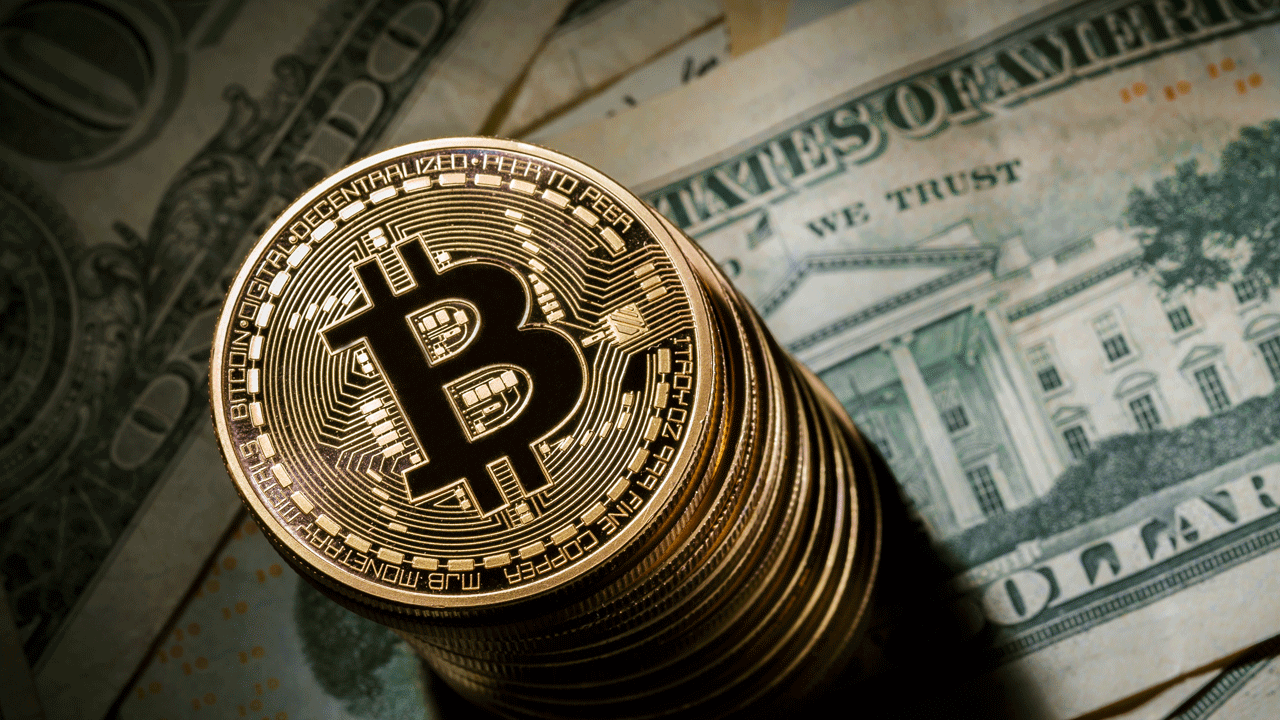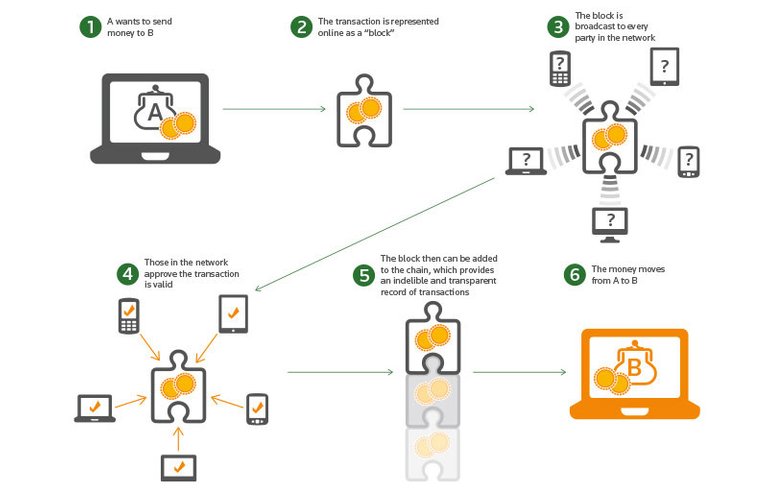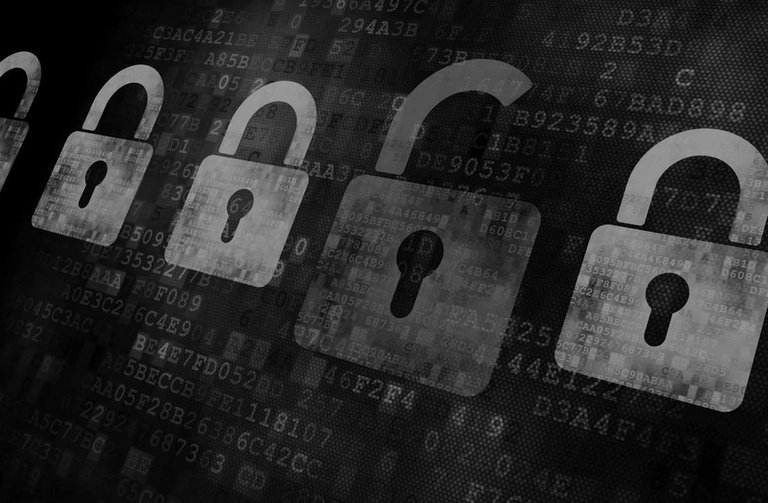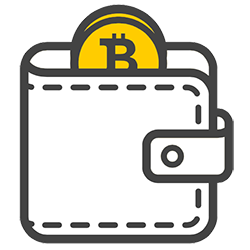
What is cryptocurrency?
Cryptocurrency is short for cryptographic currency, but in short it is digital money. With traditional money, currency is issued by a central authority such as a government or bank. The banks keep a ledger or history of transactions for everyone using that bank. Cryptocurrency also uses a ledger, but instead of using a centralized ledger maintained by one authority, Cryptocurrencies like Bitcoin rely on a decentralized ledger that is distributed and maintained by a network of computers. You may have heard the word “Blockchain” used in discussions of Bitcoin, the Blockchain is the decentralized ledger Bitcoin relies on to do payments.

What is the Blockchain?
The Blockchain is the decentralized ledger Bitcoin relies on to perform peer to peer payments, but how does it work? A ledger is just a history of transactions from one person to another, the Bitcoin network groups transactions together to form a block. These blocks are linked together in a chain to form a complete history of transactions.

How is the Blockchain secure?
The order matters in this history of transactions, so the network must have some way of verifying the block is valid and ready to be added to the Blockchain. This is where the crypto in cryptocurrency comes from. To verify transactions, computers on the network try to solve a cryptographic hashing algorithm (fancy name for complex math problem). When this problem is solved, the block can be added to the Blockchain. The computer which solves the math problem is rewarded with Bitcoins, and broadcasts the answer to the network. If the answer is wrong, or a computer tries to add invalid transactions to a block, other computers in the network can quickly identify this is the case and will continue to solve the problem, ignoring the erroneous computer. This is how the transactions are secured by the network.

What is mining?
Mining is the process of making your computing power available to solve the complex math problem that verifies transactions on the network. It is called mining because solving the cryptographic algorithm is a bit like striking gold. By mining, you are essentially monetarily rewarded for securing the Bitcoin network and making it work for everyone else. It is worth noting that you do not have to mine to use the Bitcoin network.

What is a wallet?
The term wallet is kind of misleading, a better analogy would be a keyring. Transactions on the Blockchain transfer coins or tokens from one address to another. These addresses are public, and so are the complete list of transactions to and from that address. These addresses are called public keys, you can think of them as read-only. In other words, you can see the funds and transactions for that address but you can’t send funds from that address. To have access to send funds from an address, you need the private key which corresponds to that address. This private key works like a regular key, if you give a copy of it to someone, or if someone steals the key from you, you lose access to sending funds from your address. When you have the private key, you can sign transactions with that key.

Let’s work through a sample transaction...
If the signature is invalid or you have the wrong key, the network will reject that transaction. If the signature is valid, the transaction you sent will be verified by the network, added to a block, and finally added to the Blockchain. After a certain number of additional blocks have been added to the Blockchain, the transaction is considered confirmed, and the funds are available at the recipient’s address. This whole process takes only a few minutes, whereas traditional banking systems can take days or weeks to send funds from one account to another. It is also worth noting that addresses and keys are not tied to countries or legal jurisdictions. So, a transaction between people in the same room and a transaction between people across the world is the same thing to the Bitcoin network. They also take the same amount of time!

How Do I get started with Bitcoin?
The fastest way to get started with Bitcoin or cryptocurrency is to buy some at an exchange. The exchange I use for buying Bitcoin or Ethereum with USD is Coinbase, click on the green text here: Coinbase controls your keys for you, which is good because it hides the complexity of managing keys from you, but also bad because they have a copy of your keys. If Coinbase is ever hacked, you can and probably will lose your funds. Large exchanges are big targets for hackers, and some major exchanges have been hacked before, so I suggest making your own wallet and storing your coins there. It is important to know that if you lose your keys, you will lose your funds. So use your own wallet with care. I personally use Exodus. After purchasing your coins from Coinbase, I recommend setting up your Exodus wallet and sending the funds to the public address associated with the coin you bought which can be found in your exodus wallet. If you would like an in-depth tutorial on this process, please let me know in the comments below!
Check out the video version of this article here:
@originalworks?
Hi dude, followed you over from youtube! Howdo, and carry on with your great vids.